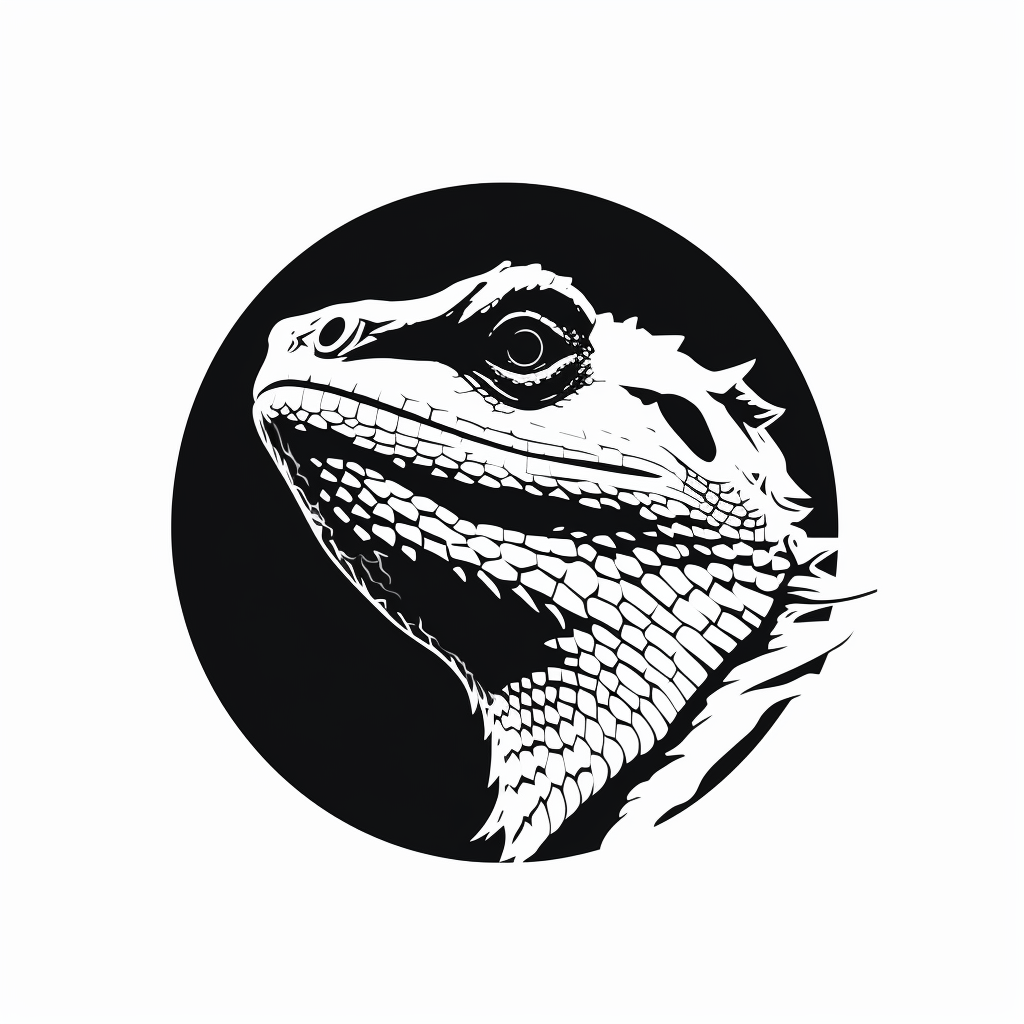The Infinite Mirror: Generative AI and the Zenith of Personal Aesthetics
The argument in this article as represented by ChatGPT in the style of Renaissance art.
The cultural landscape, for generations, has been dominated by the towering monoliths of mass media: a broadcast model designed to reach the widest possible audience, fostering a mono-culture of shared references and universal appeal. This era, however, is rapidly receding, giving way to an exhilarating, if sometimes isolating, new reality: a journey from broadcasting to a hyper-individualized "narrowcasting," culminating in the profound solipsism of personal art, a journey propelled at breakneck speed by generative AI.
As a proponent of both technological progress and creative freedom, I view this transition not as a decline, but as the inevitable and indeed desirable unfolding of artistic evolution. And crucially, we must recognize that generative AI is not the start of this shift, but the technological accelerant for a process already well underway.
The Long March to Fragmentation
The history of media in the last century is a steady, relentless drift away from the few-to-many model. The pre-digital age already witnessed a significant fragmentation of the audience. In literature, we transitioned from a few widely-read national newspapers and a handful of critically canonized novels to an explosion of niche-specific books, specialized journals, and enthusiast magazines catering to increasingly granular interests—from obscure historical periods to highly specific craft hobbies. The audience for any single printed work began its long, slow atomization.
The electronic medium followed the same path, only faster. Television, which began with a mere three or four national broadcast channels, exploded into hundreds with the advent of cable, offering everything from channels dedicated solely to cooking to those focused on obscure documentary subjects. Then came the digital revolution, which transformed the landscape entirely. Platforms like YouTube and the subsequent flood of streaming services utterly shattered the cable model, creating effectively thousands of channels, each carving out an intensely loyal, yet vanishingly small, audience. The shift from a dozen universally-known TV personalities to a million niche influencers is the clearest evidence of this narrowcasting reality.
Generative AI Shatters the Artistic Gate
Historically, the creation of high-quality art, be it visual, auditory, or narrative, demanded significant resources, skill, and often, institutional backing. This naturally limited the pool of creators and, by extension, the diversity of artistic output that could realistically achieve broad distribution. The economic imperative of reaching a mass audience often smoothed over idiosyncratic edges, favoring universal themes and palatable aesthetics.
Generative AI shatters these barriers. The cost of entry into "high art" production has plummeted. With a few prompts, an individual can conjure photorealistic landscapes, compose intricate musical pieces, or script compelling narratives that once required vast teams and specialized expertise. This unprecedented ease of creation has a profound implication: art is no longer primarily for an audience in the traditional sense. It is, increasingly, an extension of the self, a manifestation of individual taste and desire, unburdened by the need for external validation.
The Zenith of Personal Appreciation
This leads us to the heart of the matter: the intensifying appreciation of art by ever-shrinking audiences. In the mono-culture, a piece of art's "greatness" was often measured by its widespread acceptance and critical consensus. In the age of generative AI, "greatness" becomes an intimately personal metric. Imagine crafting an image, a song, a short film so precisely tailored to your unique aesthetic sensibilities, your specific emotional resonance, your particular blend of cultural references, that it speaks to you with an intensity no mass-produced work ever could. This is the art of the future: designed by you, for you, and appreciated most deeply by you.
The logical conclusion of this journey is the individual as both sole creator and sole ultimate appreciator. You, the artist, sitting with your AI companion, crafting a masterpiece that perfectly encapsulates your vision of beauty, truth, or chaos. You look at it, and in that moment, it is, for you, the single greatest piece of art ever created. It evokes a feeling, a thought, a connection that no one else in the world could fully replicate because no one else possesses your exact constellation of experiences and preferences. Others might glance at it, offer a polite nod, or even express genuine admiration, but their appreciation will be a pale reflection of your own intensely personal connection.
Generative AI, then, is not merely a tool for making art; it is a catalyst for the ultimate decentralization of culture, the final, inevitable step in the long march from the universal broadcast to the perfectly narrow-cast signal. It empowers us to escape the broadcast tower's shadow and build our own, intensely personal aesthetic universes. This is the beautiful, bewildering promise of AI art: a future where everyone can be their own greatest artist, and their own most fervent admirer, in a world of infinite, perfectly tailored, personal masterpieces.

